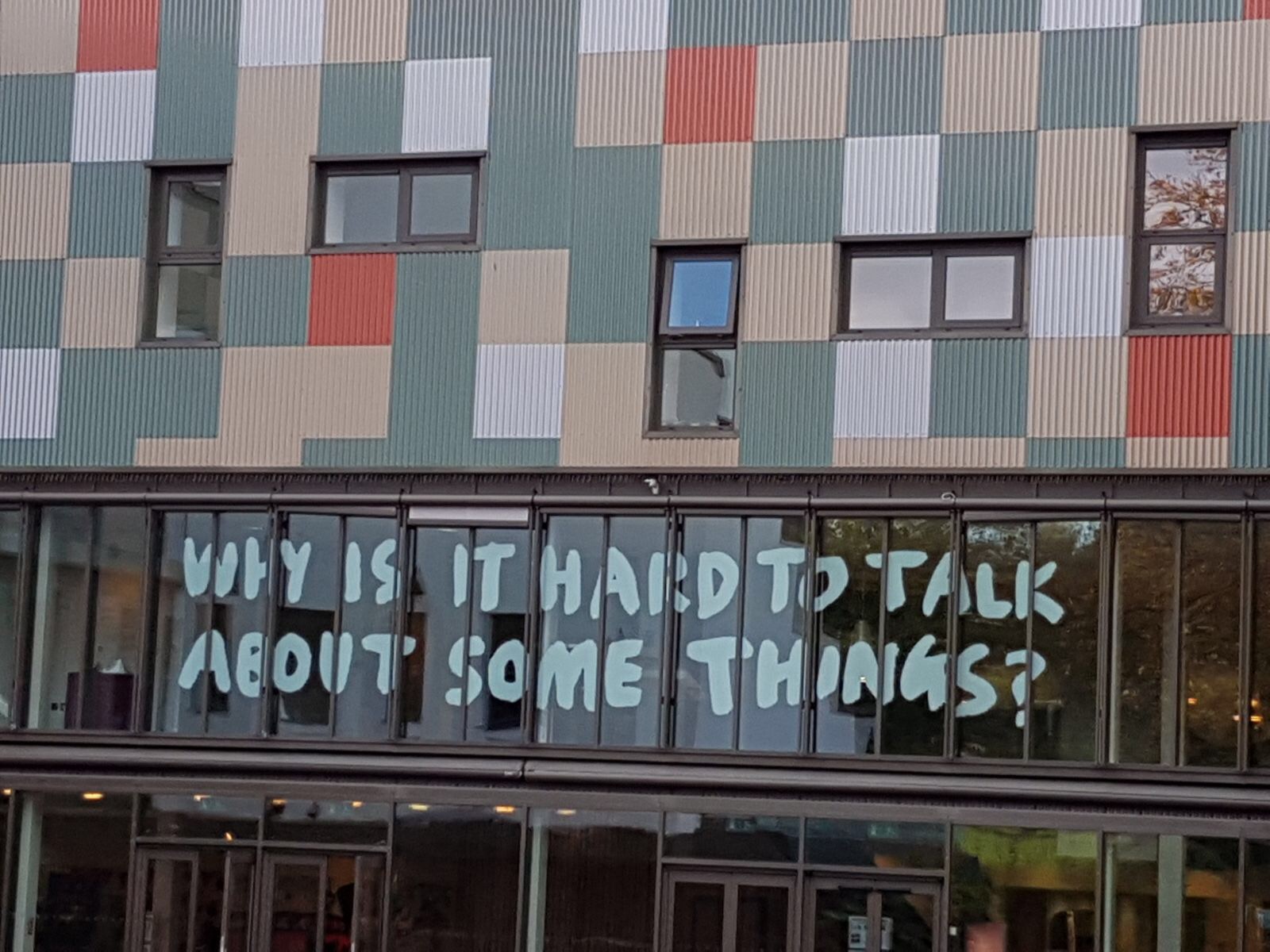When I’m working with clients, one of the things we often talk about is what has caused an uncomfortable thought or feeling. As clients become aware of their internal critical voice they are more able to notice its insidious messages. Sometimes a feeling of depression or anger can be traced back to a seemingly unimportant conversation, something they’ve read or seen online, or something they’ve heard on the radio. Whatever it is, it has brought up self-doubt and the inner critic has got to work.
For those struggling with the concept of being “good enough”, making mistakes can be a trigger for feeling bad. Many people have high expectations of themselves. Failing to meet their expectations can lead to a feeling of shame and disconnection from others. The internal critic is very harsh and can tell them that they’re unacceptable to everyone else because of their mistake.
One of the sad things about this trait is that people often have high expectations of themselves for the things they value the most. So someone with children may set very high expectations for their parenting. Someone who has learned to value education may have very high expectations of their academic ability. Someone who values work may expect themselves to perform well at the highest level. In all probability in each of these cases – because of the value they place on their performance – they will be doing well.
However, they tend to compare themselves with others (real or virtual) who they perceive to be doing better than them. Because they care, they tend to be assiduous in seeking to improve themselves. They may read books or articles or watch TV programmes that tell them how to be better. Unfortunately all this often seems to do is raise the bar and set higher standards for them. They feel worse because they are failing to meet perfection.
A personal example of this is when I was a counselling student. I started to read “A Road Less Travelled” by M Scott Peck. This had been recommended to me by the tutor and various other members of my course. For me, at the time, it was highly triggering. It contains advice for parents and as I read it I began to feel very anxious. What was being taught highlighted to me the areas where I thought I was failing. My internal critic got to work, using the book as a stick to beat me.
When I told my own counsellor about it, her suggestion was simple:
“Stop reading it.”
The thought that I didn’t need to endure torment to ensure I was good enough was a radical one. I did take her advice and allowed myself to grow in different ways. Several years later I returned to the book and did not find it triggering at all. Without realising, I had already made the changes the book suggested. This had happened naturally as I’d grown as a person. I’d become more confident and self-accepting. When I began to accept myself as “good enough” (note – not “perfect”) the internal critic’s voice had become quieter and less powerful, allowing me to become more assertive.
It takes time and practice to identify the internal critic. Sometimes it pops up in unexpected ways. Our feelings are a good way to discover it is at work. When we start feeling heavy, when we start craving comfort in unhealthy ways (e.g., food, alcohol, addiction to our phones or porn), when perhaps we feel angry and judgemental towards others, it is likely that we are criticising ourselves.
In these moments it is worth stopping and asking ourselves what has happened. When did we start feeling like this? Did something trigger us? Often the start of the feeling is when the trigger occurred. For me, it might be due to me unfavourably comparing myself to someone else, or I may have interpreted a situation in a particular way, or I may simply be disappointed in myself.
I was helped this week by reading Dr Kristin Neff’s thoughts about making mistakes. She argues that we cause ourselves suffering by having high expectations. When something happens we think “it shouldn’t be like this”. We expect perfection of ourselves, of others, of life. Inevitably when either we, others, or life, fails to meet our expectations we can feel angry, hurt and disappointed.
When we have failed our own expectations we often feel a sense of shame. Shame is different to guilt. Guilt is when we know we have done a specific wrong and we want to apologise and put it right. Shame is that horrible feeling when you want to hide in a corner and not come out. Guilt is: “I did something bad”. Shame is: “I am bad”.
Shame disconnects us from others because somehow we believe we are less than them. We are less than human. Shame is damaging because it prevents us from reaching out for help. We don’t think we are worth it. We don’t think we deserve it. We imagine all the ways that people might judge us. Essentially, our inner critic is having a field day and giving us a good beating.
All this suffering stems from the idea that we, and life, shouldn’t be like this. It forgets that the human condition is imperfect. When we acknowledge that all people are imperfect, and live imperfect lives, we realize that our mistakes and imperfections are what make us card-carrying members of the human race. That moment of challenge is actually a moment of connection with others.
I spoke about how shame affected me on my video this week. If you're reading this by email and can't view the video, you can find it on my website: www.thegoodenoughmum.com

